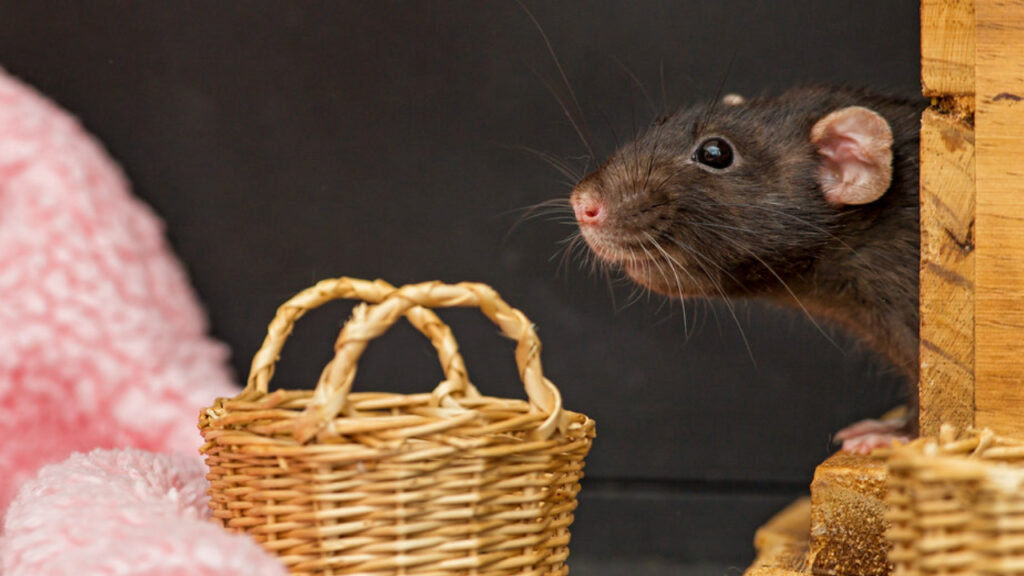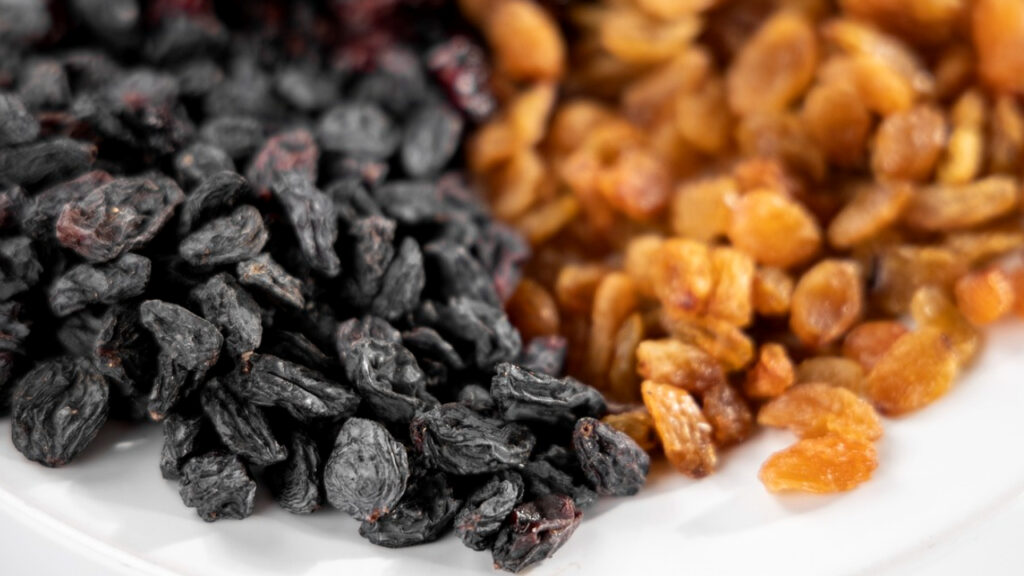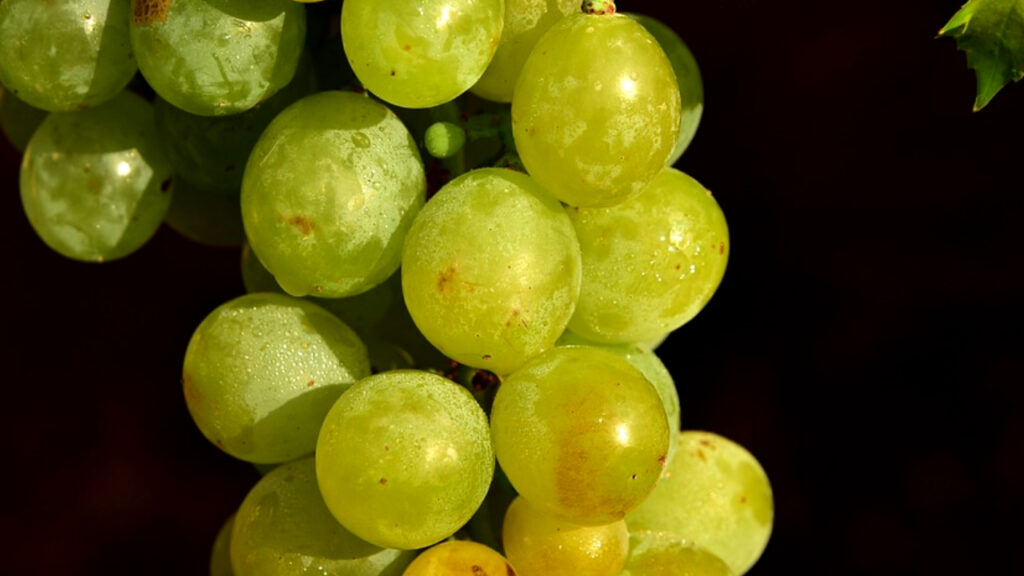
Raisins are dried grapes, and they are commonly consumed as a snack or used in cooking and baking. To make raisins, grapes are allowed to dry in the sun or through a dehydration process, resulting in small, dark, and wrinkled fruits with a concentrated sweetness.
But can rats eat raisins too?
Yes, rats can eat raisins. Raisins are generally safe for rats in moderation. They are a source of natural sugars, providing a sweet treat that many rats enjoy. However, it’s important to offer them in small quantities, as overfeeding can lead to potential health issues such as digestive upset or obesity.
So, should you feed raisins to your rats?
Let’s find out!
Table of Contents
Can Rats Eat Raisins?
Well, good news – rats can eat raisins!
Raisins are like tiny, wrinkly grapes that have dried up. Rats enjoy them because they’re sweet and tasty. Just think of raisins as a little snack for your furry friend.
But, and there’s always a but, make sure you don’t give them too many. Rats have tiny tummies, and if they eat too many raisins, it might upset their little bellies. So, it’s like giving them a small piece of cake – delicious but in moderation.
Remember, always check with your rat’s doctor (vet) to make sure it’s okay, just to be on the safe side. Enjoy treating your rat to some tasty raisins!
Also read: Can Rats Eat Oranges?
How Many Raisins Can I Feed My Rat?
Feeding your rat raisins can be a fun treat, but it’s important to be mindful of the quantity. Rats are small creatures, and their little bodies can’t handle too much of a good thing.
Think of raisins as a special snack, not an everyday meal.

A good rule of thumb is to offer just a few raisins at a time – maybe two or three, depending on the size of your rat. This way, they get to enjoy the yummy sweetness without overeating.
Rats have small tummies, and if they eat too many raisins, it could lead to some tummy troubles. We definitely want to avoid that! So, keep it in moderation and don’t make raisins the main course. It’s like giving them a tiny dessert to savor.
Always pay attention to how your rat reacts to treats, and if you ever have concerns, it’s a great idea to check with your vet. They can give you personalized advice based on your rat’s health. Happy treating!
Is Raisins Healthy for Rats?
Raisins can offer some health benefits when provided in moderation as part of a well-balanced diet for rats.
Here are a few potential benefits of raisins:
A typical serving of raisins (100 grams) contains:
- Calories: 299 kcal
- Carbohydrates: 79.18 g
- Sugars: 59.19 g
- Dietary Fiber: 3.7 g
- Protein: 3.07 g
- Fat: 0.46 g
Other health benefits of raisins may include:
Energy Boost
Raisins are a concentrated source of energy due to their natural sugars. This can be beneficial for providing a quick energy boost to rats.
Antioxidants
Raisins contain antioxidants, such as phenolic compounds, which can help neutralize harmful free radicals in the body. Antioxidants contribute to overall health and may support the immune system.
Fiber Content
Raisins are a good source of dietary fiber. Fiber is essential for maintaining a healthy digestive system and can help prevent constipation.
Risks of Overfeeding Raisins to Rats

While raisins can be a tasty treat for rats, it’s important to be cautious about overfeeding them.
Here are some potential risks associated with giving too many raisins to rats:
Digestive Issues
Rats have sensitive digestive systems.
Feeding them excessive amounts of sugary or rich foods like raisins can lead to digestive upset, including diarrhea or stomach discomfort.
Obesity
Rats are prone to obesity, and overfeeding high-calorie treats like raisins can contribute to weight gain.
Obesity in rats can lead to various health issues, including heart problems and a shortened lifespan.
Dental Problems
Rats’ teeth continuously grow, and a diet high in sugary treats can contribute to dental issues.
Overfeeding raisins may lead to dental problems, such as overgrown teeth or cavities.
Thus, it’s best to offer raisins and other treats in moderation. Treats should make up only a small part of a rat’s overall diet, with the majority coming from a nutritionally balanced rat food.
And don’t forget to keep an eye on your little pet for any adverse effect.
Can Baby Rats Eat Raisins?
When it comes to baby rats, it’s a bit like thinking about what’s best for little kids. Raisins are delicious, but for baby rats, it’s better to hold off on the raisin party until they’re a bit older.
Baby rats have tiny bodies and developing systems, and their diet needs to be just right. While raisins are safe in moderation for adult rats, the little ones should stick to their specially formulated baby rat food. It has all the nutrients they need for healthy growth.
Introducing new foods, like raisins, should wait until they’re a bit older. Once they’re weaned and have grown a bit, around 6-8 weeks old, you can start giving them tiny bits of treats like raisins. Start slow, with just a nibble or two, and see how they react.
Always keep a close eye on them when trying out new treats.
Are Grapes Safe for Rats?
Grapes can be a safe and tasty treat for your pet rats. Rats often love the sweet and juicy nature of grapes. Just like us enjoying a piece of fruit, it can be a delightful experience for them.

However, as with any treat, moderation is key. Too much of anything, even a good thing, can sometimes cause issues.
So, when sharing grapes with your rats, it’s best to cut them into small, bite-sized pieces. This not only prevents them from overindulging but also makes it easier for them to eat.
Remember, rats are small creatures, so a little goes a long way. Offer grapes as an occasional treat alongside their regular balanced diet. This way, you keep their diet varied and fun.
And, of course, if you ever notice any unusual behavior or have concerns, it’s always a good idea to consult with a vet.
What Other Fruits Can Rats Eat?
Rats can enjoy a variety of fruits as part of their diet.
Here are some fruits that are generally safe and enjoyable for pet rats:
- Apples: Remove the seeds and core, then cut the apple into small pieces.
- Bananas: A favorite for many rats. Just break off a small piece for them.
- Berries: Blueberries, strawberries, and raspberries are great choices. Rats love their tiny, sweet goodness.
- Pears: Like apples, make sure to remove the seeds and cut into small, manageable pieces.
- Melons: Watermelon, cantaloupe, and honeydew are refreshing options. Remove seeds and offer in moderation.
- Cherries: Make sure to pit them before sharing with your rats.
- Peaches: Remove the pit and cut into small pieces.
Remember, while fruits are a wonderful addition to their diet, they should be considered treats and not the main meal.
Also, always introduce new foods gradually to see how your rats react. If you notice any digestive issues or allergies, it’s a good idea to consult with a vet.
As with any aspect of pet care, individual rats may have different preferences and tolerances, so pay attention to what your specific pets enjoy and handle well.
Final Thoughts
To sum up, rats can indeed enjoy raisins as a tasty treat.
Raisins are like little bites of sweetness that many rats find delightful. However, it’s crucial to keep a few things in mind.
Moderation is key. Just like us humans with our favorite snacks, rats should enjoy raisins in sensible amounts.
A couple of raisins here and there can be a nice addition to their diet without causing any issues.
Remember, rats have small tummies, and overindulging in treats might lead to upset stomachs. It’s all about balance, making sure they get a well-rounded and nutritionally balanced diet with treats like raisins sprinkled in for extra enjoyment.
Lastly, if you have doubts or concerns about your rat’s diet or health, consulting with a vet who specializes in small animals is a great idea.
Before you leave, here are more helpful articles
